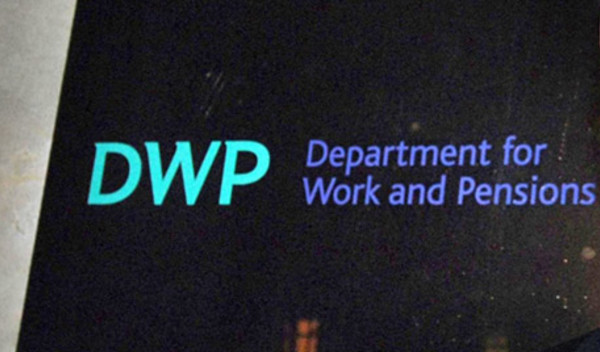

Government communication of changes to the state pension has been so bad “neither the winners nor losers yet know who they are”, MPs have said, in what Saga has branded a “shambles”.
Most people retiring under the new ‘flat-rate’ regime from 6 April will not receive the much publicised £155.65 weekly rate, a Work and Pensions Committee final report has found.
But “failures of communication mean too few people understand” the true amount they are likely to receive, as the government has “focused on the full flat rate”, the MPs said.
They called on the government to set up a telephone hotline, manned by pension experts, for those negatively hit by the changes to discuss their personal circumstances, adding that this might be provided by an existing pensions guidance service.
The letdown echoed the government “shambles” around changes to women’s state pension age, and left people unable to make sound financial plans, according to Paul Green, Saga’s director of communications.
“It is simply untenable those approaching retirement can be treated with such disregard when it comes to their pension income,” he said.
“Most people make significant financial plans about their future based on what they believe they will get from their state pension and if inaccurate or outdated could leave them with little to no time to make up for this government information error.
“It’s like history is repeating itself, with striking similarities to the shambles that occurred around women’s state pension age.”
Three groups in particular stand to receive less in the early years of the new state pension than they would notionally have received under the current system, the committee found.
These are people with fewer than 10 years of qualifying contributions; people - largely women - who would currently derive rights to a pension based on their spouse’s contributions and are not covered by transitional protection; and those who built up large guaranteed minimum pensions during the period from 1978 to 1988 and will reach state pension age during the early years of the new state pension.
The MPs’ report recommended the Department for Work and Pensions write to those negatively affected by the changes “as a matter of urgency”.
“These letters should clearly explain the person’s circumstances and set out both projected entitlements and means of improving them,” the report said.
It also recommended the government send automatic state pension statements to all people aged 50 and over, issued annually, in line with the private sector.



